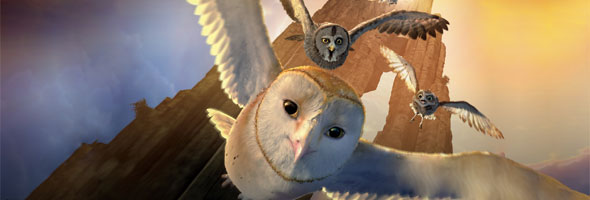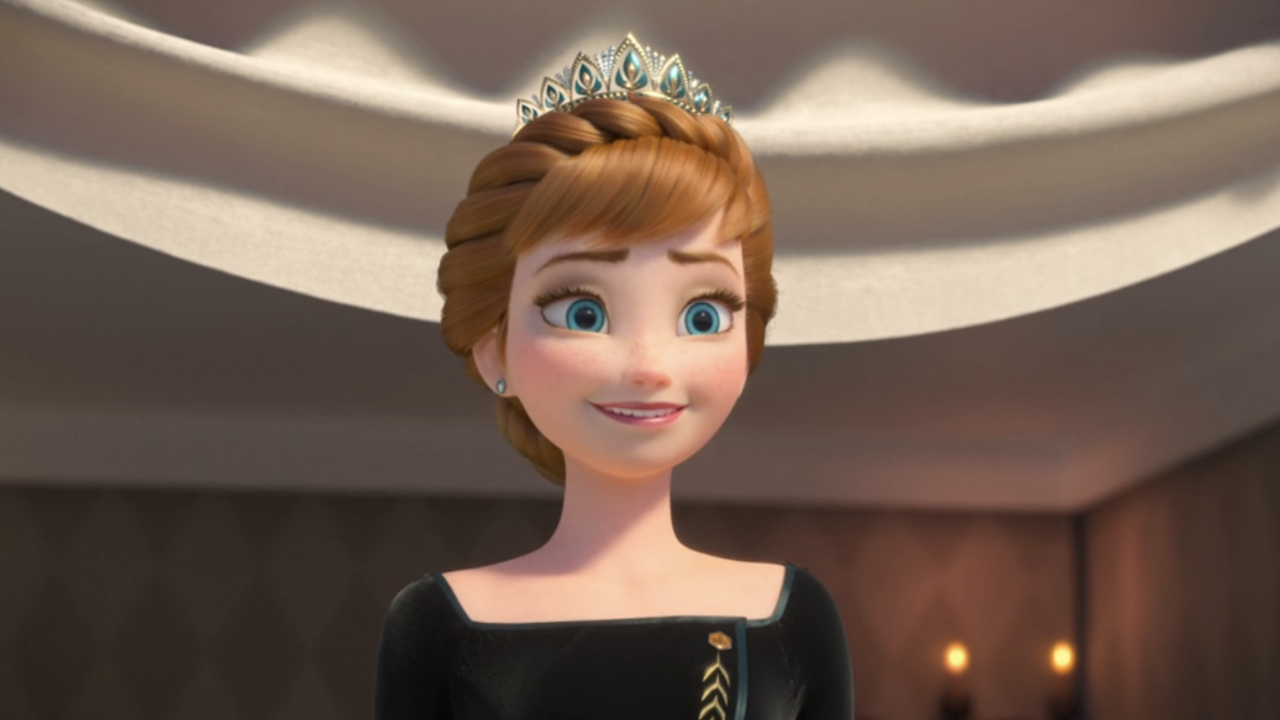Movies, and children’s movies in particular, have long been used to celebrate the power of dreams and imagination. Disney, for instance, has been preaching the importance of following your dreams for generations. Willy Wonka took it even further by actually living in a world of pure imagination, and when he invited kids to come on in, they did. We’ve all agreed, for awhile now, that this is mostly a good thing. Probably feeding our kids a steady diet of make your dreams real mythology has resulted in far more bloggers than we need and not nearly enough skilled welders; but maybe lacking the technically trained manpower necessary to build decent bridges is a small price to pay for kids who’ve grown up determined to do something with their lives that’ll make them happy.
That Hollywood notion of following your dreams was also, in its own way, a celebration of intellectualism. In great children’s movies it’s always the smartest and the brightest who have the biggest dreams and the most expansive imaginations. Legend of the Guardians takes that message in a decidedly different direction. In screenwriters’ John Orloff and Emil Stern’s hands following your dreams has become synonymous to blind belief in something simply because you wish it to be true. In their script being imaginative, being a dreamer, means intentionally abandoning all thought. It’s anti-intellectualism given feathers and asked to fly at a camera with really cool special effects. Legend of the Guardian’s advises your kids to follow their gut instead of their brain, and suggests quite literally that anyone who stops and thinks about it certain to become a Nazi, or in this case a member the Third Reich’s owl equivalent.
That’s exactly what happens to Soren’s brother Kludd, who we learn early on is not into fanciful notions and fairytales. When these two young owls accidentally fall out of their tree they’re kidnapped by the Pure Ones, who are all about the master race. In the case of owls, the master race are Tytos, which you may know better as barn owls. The Pure Ones have decided to enslave all the other owl species, of which there are many, and their evil plan involves a confusing concoction of zombie owl slaves, magnets found in owl pellets, and angry bats. Kludd immediately decides he’ll join up to help them murder and enslave his family because unlike Soren he’s not a dreamer, he’s a serious thinker, and therefore prone to that sort of thing.
Soren escapes and makes a bunch of friends who instantly decide to follow him wherever he goes for no particular reason. They fly off to find The Guardians, legendary owls who protect truth, justice, and the owl way. They’re kind of like knights of the round table. But Soren’s journey makes no sense and it’s not just the message that’s wrong, the basic mechanics of the movie’s story have gone awry.
Legend of the Guardians is supposed to be an epic, a massive journey, yet it fails utterly at establishing any real sense of time or distance. There’s a pivotal moment in the film in which Soren and his gang encounter a sage who tells them they’ve a long, long journey yet ahead of them. He stresses how far they still have to go and how difficult it’ll be. So of course in the very next scene they arrive at their destination. It’s as if the movie was edited with the volume turned off. I’m convinced director Zack Snyder didn’t actually read the script, not that it would have helped if he had.
Even without editing problems the screenplay’s an under-thought disaster filled with laughable dialogue delivered by mediocre voice acting, yet the movie is so visually stunning it’s easy to pretend while you’re watching it that the script belongs to some other film. Take out the dialogue, watch Legend of the Guardians as a silent movie, and this might be one of the best movies of the year. It looks that good. Yes the story’s a mess, but in Guardians Snyder’s team delivers one of the most beautiful pieces of animation ever created. They do it not just with amazing images but by making full use of everything 3D has to offer in a way no one, not even James Cameron, has done before.
That’s right even Avatar, for all its visual brilliance, is no match for the 3D wizardry on display here. Snyder has actually found a way to make sunlight, of all things, 3D. It pours out of the screen and washes across the audience, as if that’s really a window in front of us through which those sparkling, eternally twilight rays shining in on the head of the guy in front of you. This is a movie in which it convincingly rains in to the screen. I’m not talking about water droplets flying out of the screen, I’m talking about water that starts in the audience and rains in on to the characters.
Your Daily Blend of Entertainment News
Snyder uses 3D not just to provide depth, but to give the movie life. He uses every dimension the format has to offer, and attempts to take it beyond the standard “watching a movie through a window” effect that less ambitious features achieve, into the realm of a picture which almost feels as though it’s happening all around you. Owl wings swoop out over the audience as they fly past, but not as a gimmick to make you jump, rather it’s a way to make that depth there behind the owl seem even deeper and more real. I’ve sat through a lot of 3D this year, some of it good, most of it terrible, but no one else has pulled off anything quite like this.
If only Guardians wasn’t saddled with this terrible script. The problem is that once you get past the film’s consistently incredible visuals, it has nothing of real value to offer except a strange, perhaps almost unintentional hatred of logical thought. If Stephen Colbert wrote a movie it would absolutely be called Legend of the Guardians: The Owls of Ga’Hoole. Except, Stephen Colbert’s audience knows not to take him seriously when he encourages them to stop thinking and go with their gut. Somehow I don’t think it’s possible for that message to be similarly ironic when delivered by owls, and even if it were, would your kids figure it out? Probably not. Yet on a visual level, there’s nothing else in theaters like this. Legend of the Guardians is a series of constant, unbelievable, visual surprises. It’s a breathtaking experience, one that’s such eye candy, the film’s terrible story is absolutely worth enduring. See Legend of the Guardians, but please, don’t listen to it.
For in-depth analysis of the 3D in Legend of the Guardians, go here.


